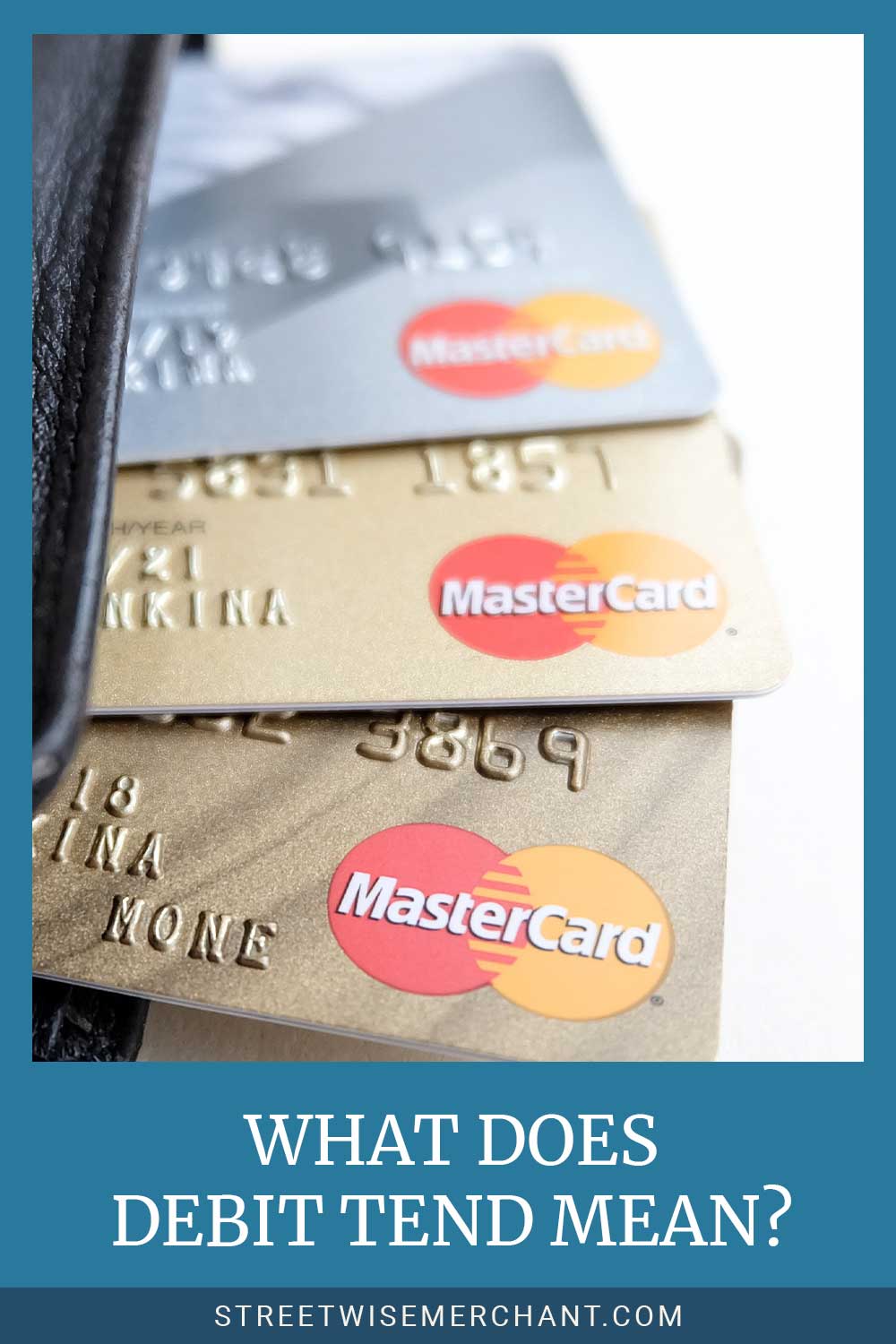Open up your bank statement and start looking at all the terms on that screen or sheet of paper.
If you have looked at your bank statements like this or any type of financial report, you may have run across the term debit trend. What is that, and how does it affect your finances?
Whether you are a financial guru or just starting to learn about money management, you’ll find useful information and tips to help you make sense of this important concept below. So keep reading!
Is Debit Tend the Same as Debit Card?
If you hear the word debit, you may automatically think it’s just another way to say debit card. Well, that is not the case. While the two terms might seem similar, they’re actually for two different things in the world of finance.
A debit card is a type of payment card that allows you to make purchases or withdraw cash from your bank account. On the other hand, debit tends to refer to the account having more debit transactions (such as withdrawals, purchases, and fees) than credit transactions.
In other words, if you have a lot of debit transactions in your bank account, you might be said to have a debit to hand. While the two terms are not interchangeable, they are related in the sense that using a debit card can’t contribute to a higher debit tend on your account.
Does Debit Mean You Owe Money?
If you’re new to the world of finance, you might have heard the term debt and assumed that it means you owe money. However, while the term debit is often associated with negative balances and debts, it doesn’t always mean the same thing.
In the context of banking and accounting, debit refers to the recording of an increase in assets or decrease in liabilities for equity. This means that a debit transaction can actually represent money being added to your account rather than taken away.
Of course, it’s true that, in some cases, a debit transaction can represent a payment or a reduction in your account balance.
So it’s not always accurate to say that debit means you owe money. However, it’s true that debit transactions can impact your account balance and financial standing.
Is a Debit a Positive or Negative?
So is debit positive or negative? If you’ve ever tried to balance your bank account or read a financial statement, you might have found yourself scratching your head over this one. But, as with many things in finance, the answer is that it depends on the context.
In some cases, debt is considered positive; in others, it is considered negative. When it comes to accounting, debit is generally used to record an increase in assets or a decrease in liabilities.
Whereas in a bank statement or a transaction history, a debit transaction usually takes money out of your account.
So the next time you come across the term, remember that its meaning can vary depending on the situation.
As always, it’s important to keep a close eye on your finances and ensure you’re staying within your means, and by understanding this small detail about debt, you should be able to be better at this.
What Does Debit to Your Account Mean?
When you were looking at your bank account, have you ever seen a mysterious transaction with the word debited next to it? It’s not the most straightforward term, so it’s understandable if you’re unsure what it means.
In simple terms, something debited to your account means the money has been taken out. This could be for any number of reasons, such as purchases you made with your debit, a fee, or even an automatic bill payment.
While the term debited might seem a little confusing, it’s a very common term in banking and finance. Any money taken from your account will be recorded as a debit transaction.
So like we said, the next time you see the word debited on your bank statement or transaction, you can rest assured that it simply means that money has been taken out of your account.
What is the Definition of Debit Tend?
OK, so let’s really dive deep into what the phrase debit tends to mean. In the world of banking, debit tends to be the trend of using debit cards for transactions rather than cash or credit.
As more and more people have access to bank accounts and debit cards, the use of cash has decreased, and the use of debit cards has increased hence the term debit trend.
So the next time you hear the term, you’ll know that it simply refers to the increasing popularity of using debit cards for transactions.
Final Thoughts on What Debit Tend Means
Well, there you have it – a brief overview of the nuances and quirks the term debit tends and its various forms.
Whether using your debit card for a quick coffee run or trying to decipher complex accounting statements, understanding these concepts can help you stay on top of your finances and make informed decisions.
